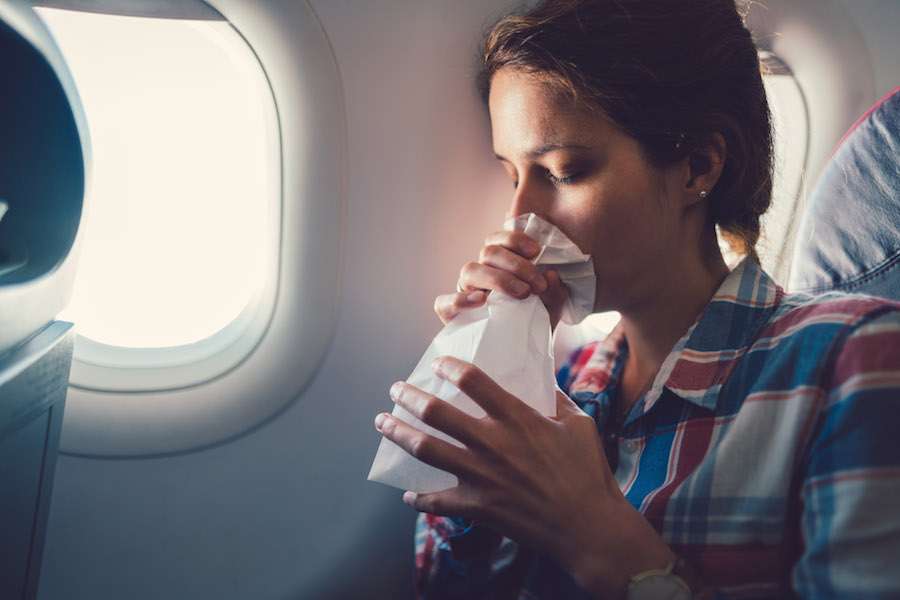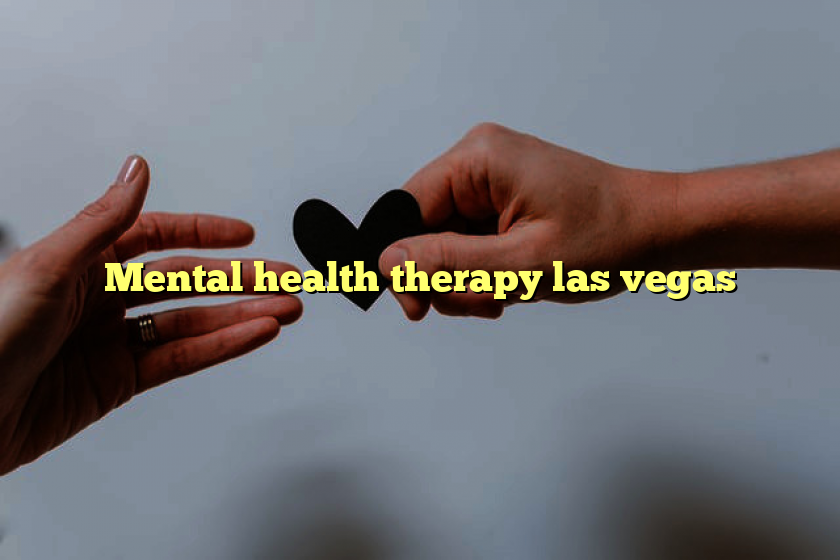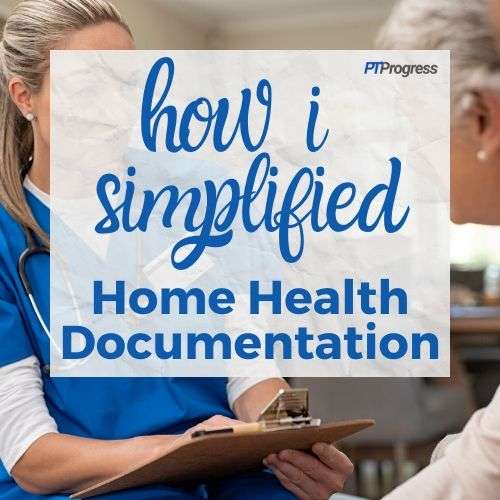 If you’ve ever had panic attacks, this experience may sound familiar:
If you’ve ever had panic attacks, this experience may sound familiar:
“It just happened again. I was having a good day. Work went well, I had lunch with an old friend, and my commute home was smooth. After dinner, I decided to take a hot shower and watch a movie. After all, it was Friday night. Why not unwind and enjoy a quiet evening?
The moment I stepped out of the shower, my chest felt tight, my breathing became harder, my fingers and hands went numb. “No!” I said as I wrapped myself in a towel and ran to my bedroom.
I had another panic attack.
If you’re never had one, let me tell you, it feels like you’re dying. Your heart beats so fast you think it’s going to burst. Your body betrays you. Then the negative thoughts start. You feel like you’re going crazy. You begin to think your whole life is a lie. Everyone is phony. No one loves or cares about you. Why would they? You’re worthless.
Sometimes my panic attacks last a few minutes, sometimes longer. But each one feels like an eternity. And here’s the worst part: They can happen anywhere. Most of the time, they hit me without any notice. Recently I was at a friend’s wedding, and I had to lock myself in the bathroom until a panic attack passed. When I came out, everyone kept saying, “Are you alright?” I went home early. I wish I could have stayed.
I lie about my panic attacks.
Sometimes I say that I have the flu or an upset stomach. What else can I do? The few times that I’ve told people they’d reacted severely. Like they didn’t believe me. Or they give me lame advice. My gym-obsessed friends ask me to work out. As if cardio cures everything. They don’t mean to be insensitive, but sometimes their advice feels cruel. They’ve never had a panic attack. They don’t know how bad it can be.
Lately, my panic attacks are getting worse. Sometimes just worrying about having a panic attack can trigger one. The other day, I was waiting on line in my grocery store. Suddenly my hands start to tingle. I got dizzy. I had chest pains and felt like everyone was staring at me. I left the line and walked out of the store. On my way out, the store manager yelled, “Please don’t leave your shopping cart there!” I ignored him, kept walking, and hid in my car until the panic attack passed. Now I’m afraid to go back to the store. It was so humiliating.
Panic attacks are shrinking my life.
I’m starting to isolate myself. I travel less, fear family gatherings and work events, and I’ve stopped dating. I’m afraid if I don’t do something, my fear of panic attacks will ruin my life.
What if I start to have panic attacks at work? What if I lose my job? What will I do then?
I can’t keep pretending my panic attacks will get better. I’ve got to get professional help.
Here are seven things I started to do to reduce my panic attacks:
- I made a list of foods to avoid, like caffeinated food or drinks.
- I started a journal to record when I have panic attacks and under what conditions.
- I found a support group for panic attacks.
- I called a psychotherapist who specializes in panic disorders. I made an appointment and asked a friend to go with me.
- I bought a panic attack workbook.
- I’m slowly started exercising again with a friend.
- I started listening to relaxation podcasts.
I know it sounds like a lot, but I’ve concluded that defeating panic attacks is a battle that I’m determined to win.”
See also “What If Nothing Stops My Panic Attacks”
Figuratively raise your hand if either of these sounds like something you’ve gone through:
You’re a bit of a worrier, but some days — when there are too many details up in the air, you’ve got a heap of work, your babysitter calls in sick, and your carefully constructed house of cards starts to wobble — you become completely overwhelmed. Everything feels equally urgent and yet you’re paralyzed. What’s gonna happen if you can’t figure it all out? At that moment, your breathing is really shallow and you can’t think. When your partner tells you not to worry, that it’ll all work out somehow, it’s all you can do not to punch him in the throat.
Or:
You’re feeling fine, and then suddenly, for no apparent reason, your heart starts to race, it’s hard to take a deep breath, and weirdly, you feel both chilled and sweaty at the same time. Whoa, you need to sit down — you’re dizzy and want to puke. It’s a such a strong physical takeover of your body that you’re scared you’re actually dying! You’re about to call 911, but then you feel a little better and over the next 20 minutes or so, the feeling dissipates. You’re left exhausted, with a giant question mark — and the hope that it never, ever happens again.
So did you have a panic attack, an anxiety attack, or some hideous combo platter of both?
More From Good Housekeeping

Short answer: If you have experienced something like the second scenario, that was likely a panic attack, which is a clinical term for a tsunami of intense, mostly physical symptoms, sometimes with no obvious cause. You are suddenly drowning in a deep ocean of fear, and then fairly quickly, the waters recede and you find you can stand again.
The first is what many people refer to in conversation as an “anxiety attack,” which isn’t something healthcare providers diagnose and has no official definition. So many people use the term, however, that it is generally understood to mean that you are feeling way more anxiety than you can handle — you feel “attacked” by it, because it’s all just too much.
How to Tell the Difference Between Panic Attacks and Anxiety Attacks
Panic attacks and anxiety attacks are really two distinct experiences, says Amanda Spray, Ph.D., Clinic Director of the Steven A. Cohen Military Family Center and a Clinical Assistant Professor in the Department of Psychiatry at NYU Langone Health in New York City. “The difference between the two is about the suddenness of the feelings — usually (but not always) people who get panic attacks will feel okay before it happens,” she says. The symptoms will then typically go away within 30 to 60 minutes.
In contrast, those who have anxiety attacks tend to carry around a low level of anxiety most of the time. The feeling of anxiousness ramps up during an attack and then eventually (anywhere from a few minutes to a few weeks) it settles back down to a normal-for-them level. Generally, panic attacks have more severe physical symptoms, whereas anxiety attacks are more of a “slow burn,” says Craig Sawchuk, Ph.D., a professor of psychology at the Mayo Clinic in Rochester, Minnesota,
So why the confusion? Because panic attacks and anxiety attacks overlap in a few ways, and some unlucky people experience both. Plus, people use the terms interchangeably.
“When people say ‘I’m having a panic attack,’ ‘I’m having an anxiety attack,’ or just ‘I’m freaking out,’ we know what they mean,” says Sawchuk. “The question is, at what point do either one meet clinical criteria?”
What Panic Attacks and Anxiety Attacks Have in Common
Both panic and anxiety attacks are “upregulating” states, meaning they move you to action. “They both activate the fight, flight, or freeze reaction in the body,” says Spray. That’s when your sympathetic nervous system triggers your brain to release of a bunch of hormones, including adrenaline and noradrenaline, that rev your body up. This alarm bell reaction is a good thing when we’re facing danger, as it spurs us to get to safety or otherwise protect ourselves.
The problem is both panic and anxiety attacks happen when you’re not truly at risk, says Sawchuk. They’re misfires of this alarm system when one or all of three things is going wrong:
- The alarm goes off too loudly. With panic attacks, for instance, “your heart is pounding out of your chest, you’re sucking air, and you’re dripping with sweat,” says Sawchuk. With an anxiety attack, your brain might have thoughts pinballing around that feel dire, even though no one is going to die if you are, say, five minutes late to work.
- It’s hard to turn the alarm off. With anxiety attacks, you can’t just snap out of feeling the way you do, and while panic attacks end on their own pretty quickly, they leave you spent.
- It’s a false alarm. There is no actual danger in either scenario — it only feels like there is.
Some symptoms, such as shallow breathing and trouble thinking clearly, can happen in both panic and anxiety attacks; both can be amplified by worrying about them even more; and both of them can lead to behavioral changes, says Sawchuk. “If they start to happen with any frequency, the person might start to avoid certain activities that they associate with the attacks.”
The Symptoms of a Panic Attack
As similar as they may seem, there are some distinct differences between anxiety and panic attacks. A panic attack is an abrupt surge in intense fear or intense discomfort that reaches its peak within minutes, during which a person can experience:
- palpitations
- sweating
- trembling or shaking
- sensations of shortness of breath
- feelings of choking
- chest pain
- nausea or GI upset
- dizziness or lightheadedness
- chills or heat
- numbness or tingling
- feeling of unreality or that the person is detached from themselves
- fear of losing control or fear of dying.
The Symptoms of an Anxiety Attack
An anxiety attack means different things to different people, but symptoms of Generalized Anxiety Disorder include:
- excessive and hard-to-control worry, often about many different everyday things (like finances, relationships, or work)
- restlessness
- difficulty concentrating
- irritability
- muscle tension
- trouble sleeping

visualspace
//
Getty Images
Do I have an anxiety disorder?
Either panic attacks or anxiety attacks can rise to the level of disorders, depending on their frequency and severity. Say you have a panic attack when you ask a store clerk for another size. If you find yourself no longer shopping for clothes because you’re afraid of another attack or avoiding the mall altogether, that may signal a panic disorder.
A doctor may diagnose someone with a panic disorder if the attacks lead to a month or more of worrying about another attack or maladaptive changes in behavior, says Spray.
There are a several different anxiety disorders (including Generalized Anxiety Disorders, Obsessive Compulsive Disorder, and Social Anxiety Disorder) but what they all have in common is that the anxiety gets in the way of your life to a significant degree, says Sawchuk.
This content is imported from poll. You may be able to find the same content in another format, or you may be able to find more information, at their web site.
How do I treat or manage these attacks?
All the health and wellness practices we should probably all be doing can go a long way in managing panic and anxiety, says Sawchuk. These include getting the right amount of sleep for you, following a healthy diet, eating regularly to avoid blood sugar dips, and exercising. Meditation, mindfulness, and a solid social support system can also keep you on an even keel.
Cognitive behavioral therapy (CBT) has also been shown to help people manage both panic and anxiety. In CBT, you learn how to recognize the thoughts and triggers bring on these attacks, and how to think about them differently so they no longer amp you up, or if they do, you learn how to tolerate it. In the case of panic attacks, the CBT may involve exposure therapy in which the therapist carefully and gradually brings on the symptoms of a panic attack, says Sawchuk. Suppose you had a panic attack while running and felt like you were going to die; a therapist might have you do something to get your heart pounding again, to show you that a pounding heart does not equal certain death.
“It’s about retraining the brain and rewiring the alarm system to it’s not going off whenever those symptoms get stimulated,” he says. “You start to gain confidence, knowing that you can handle the symptoms and that they’re not dangerous. You can actually retrain your brain to become bored with these symptoms.”
And if therapy alone isn’t enough, “medication is always an option,” he adds. These usually start with SSRIs such as Prozac or SSNIs like Effexor, which you take daily. “These don’t work in the moment, but rather over time,” he says. Some doctors will prescribe benzodiazepines like Ativan, but only on a short-term basis, he adds.
What should I do if I’m having an attack?
Controlled breathing can help deescalate an attack or even nip it in the bud, says Spray. “It’s very helpful to have your exhale be longer than your inhale restore the balance of Co2 and oxygen in your body,” she says. Shallow breathing can throw these proportions off, so addressing this imbalance early on may help prevent the cascade of other symptoms, such as sweaty palms and racing heart.
Her favorite technique is called paced breathing. Here’s what to do:
- Breathe in through your nose for a count of four.
- Hold for a count of one.
- Breathe out of your mouth for a count of six. “Purse your lips and pretend you’re blowing out a straw,” she says.
- Hold for a count of one.
- Repeat until you feel calmer.
The bottom line: If you are having trouble managing your anxiety or panic, let your primary care provider know. He or she can refer you to a therapist who can teach you the skills to dial them down.
Stephanie Dolgoff
Deputy Director
Stephanie (she/her) is the deputy director of the Hearst Health Newsroom, where she writes, edits and otherwise creates health content for Good Housekeeping, Prevention and other Hearst titles. She has covered women’s physical and emotional health, nutrition, sexuality and the multitudes of topics they contain for national publications for decades, and she is also a bestselling author, a mom of twins, a dog mom and an intuitive eater in progress.



